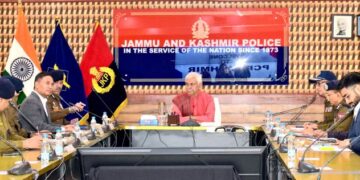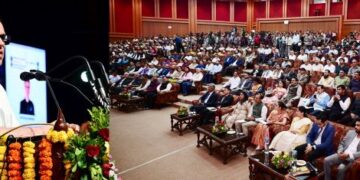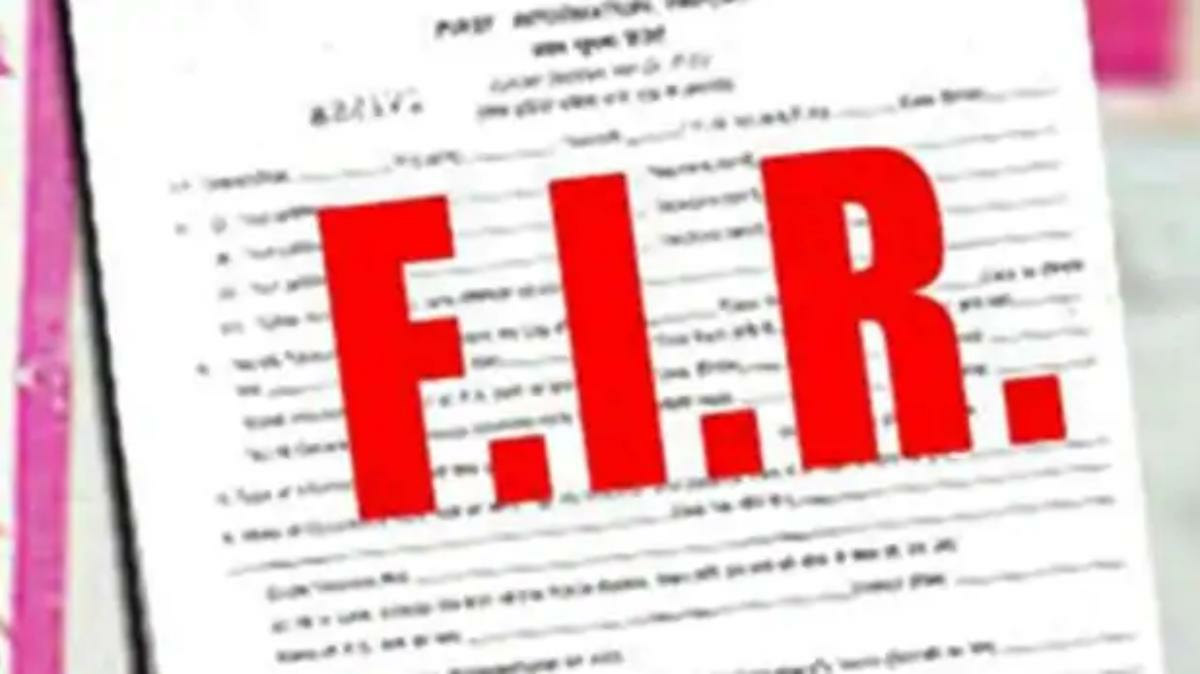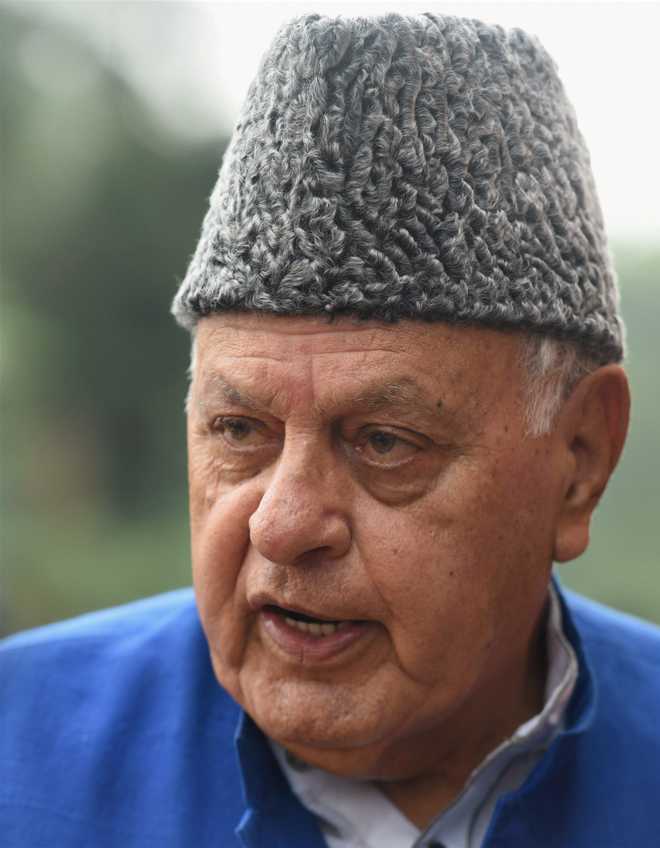New Delhi: The democratic representation and decision-making powers of the Ladakh Autonomous Hill Development Councils (LAHDCs) have been retained following the formation of the Union Territory of Ladakh in 2019, the government informed Parliament on Thursday.
These LAHDCs continue to exercise executive powers over different subjects within their respective districts, the government also said in response to a query regarding the extension of tribal area status to the Union Territory (UT).
The LAHDCs in Leh and Kargil function as District Planning and Development Boards and prepare plans for different programmes and policies. They reflect the demands and aspirations of the local population, Union Minister of State for Tribal Affairs Durgadas Uikey said in response to a question by Congress MPs Saptagiri Sankar Ulaka and Tanuj Punia.
Ulaka and Punia had asked whether the government intends to extend the provisions of the Sixth Schedule of the Indian Constitution to Ladakh, and the reasons behind the delay in granting tribal area status to the UT.
The minister said the matter of the Sixth Schedule under Article 244(2) of the Constitution and the UT of Ladakh falls under the administrative jurisdiction of the Ministry of Home Affairs (MHA).
He said the MHA informed that “democratic representation and decision-making powers of the LAHDCs have been retained after the formation of the Union Territory.
“Periodic elections for the Hill Development Councils, Panchayati Raj institutions, and members of Parliament are being conducted to ensure continued democratic representation in the UT,” he said.
The minister said LAHDCs exercise executive powers over various subjects within their respective districts. According to the mandate of the Ladakh Autonomous Hill Development Council Act, 1997, the LAHDCs function as District Planning and Development Boards and independently prepare plans for different programmes and policies of the UT, taking into account the demands and aspirations of the people, he added.
Uikey also said the MHA is providing adequate funds to the LAHDCs through budgetary grants to the UT of Ladakh.
The CAPEX allocation to these councils has been increased from Rs 183 crore in 2019-20 to Rs 600 crore in 2023-24 to meet their funding requirements for developmental activities in their respective districts, he said.
The minister also told Lok Sabha that the MHA has set up a high-powered committee under the minister of state for home affairs for Ladakh to ensure protection of the region’s unique culture, language, land and employment.
A section of the local population, led by climate activist Soman Wangchuk, has been demanding that Ladakh be included under the Sixth Schedule of the Constitution to protect the land, employment and cultural identity of the local community.
The Sixth Schedule provides for the creation of Autonomous District Councils (ADCs) with legislative, judicial and administrative autonomy within a state.
These councils govern areas under their jurisdiction, enact laws on specific matters with the governor’s assent, establish village councils or courts for dispute resolution and manage local facilities and services, including education and healthcare. They also have the authority to impose taxes and regulate certain activities.








